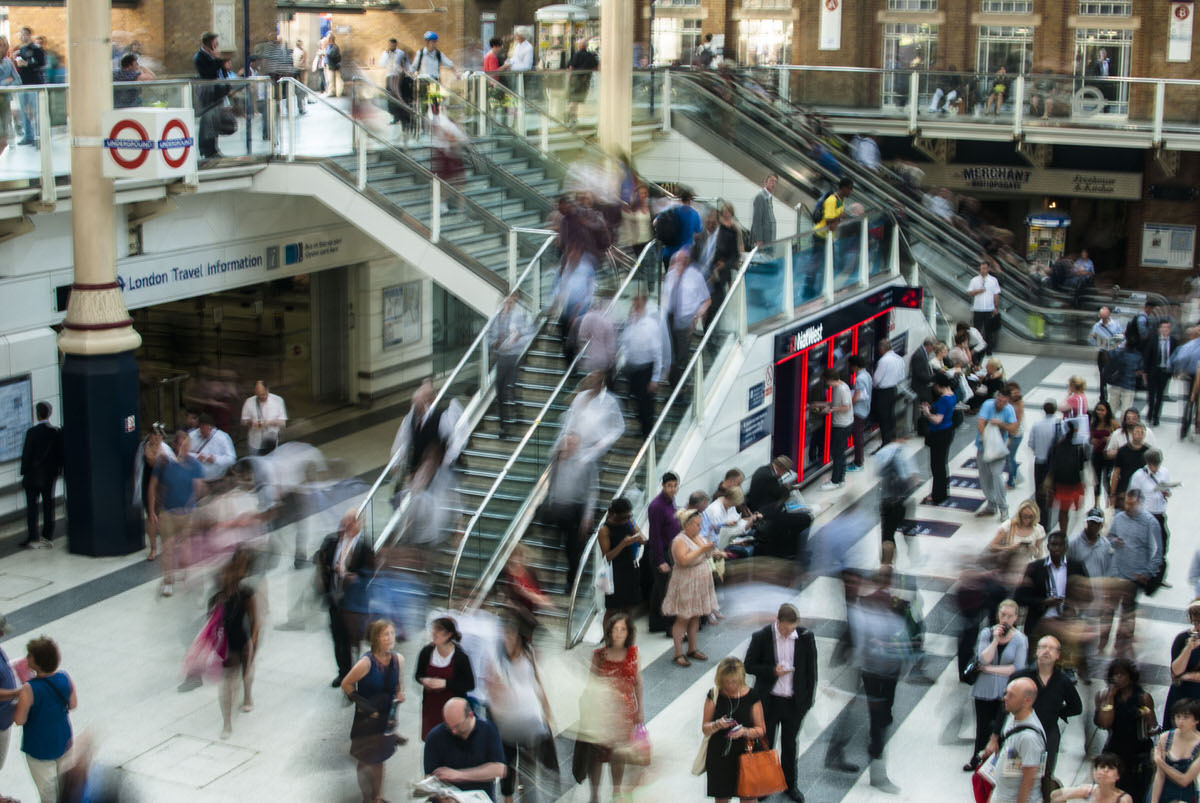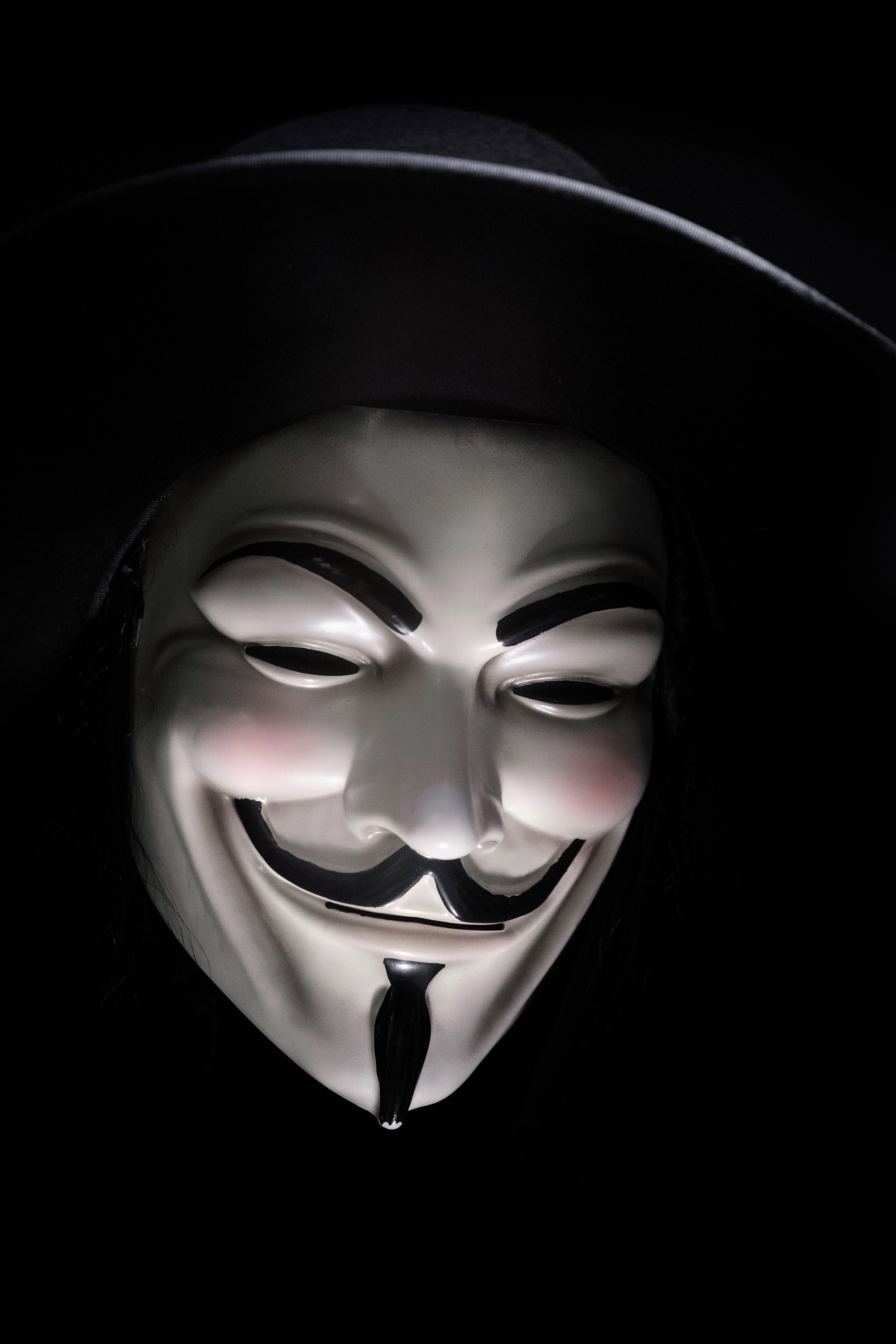Perhaps the most existential question regarding the Web’s future is what could turn the tide against online toxicity? The rise of horrific speech, terrorism recruitment, cyberbullying and all other manner of toxicity has undermined the initial advances the Web made in granting a voice to the formerly voiceless. Much has been made of the Web’s ability to transform Dr. Jekylls into Mr. Hydes, bringing out the worst in ordinarily level-headed individuals and turning even teachers and professors into raving founts of hate. The Web’s anonymity has frequently been cited as a root cause of this transformation from in-person congeniality to online hate monger, raising the question of whether replacing the digital world’s anonymity with real-world personas would restore digital civility or make things worse?
Twitter has in many ways become the public face of online toxicity. While there are many reasons for this such as its broadcast nature, one driving factor is its reliance on anonymous user accounts in which hateful individuals can hide behind the protective cloak of an anonymous username.
In contrast, LinkedIn, with its focus on accounts that directly tie users back to their real-world identities, including schools, employers and professional connections, is far less associated with toxic discourse.
Twitter’s anonymity is equivalent to a protest march in which participants are wearing masks to shield their identities. LinkedIn is the equivalent of everyone wearing name badges and the logos of their employers and schools on an identifying vest.
This connection between online persona and real-life identity mirrors the mediating influence connectedness once had through the geographic ties of community. In the physical world that predated the Web, community reigned supreme, whether on the scale of a small town, an urban neighborhood or a professional society. Members knew each other and had deep ties established through friendship, family, schools, workplaces, social organizations and other connections. This meant that even when community members disagreed, there were costs to deviating from civil discourse. Two neighbors might vehemently disagree about politics, but their physical proximity and need for mutual cooperation typically overruled emotional irrational impulses.
Tag: anonymity
Keeping secrets
This lack of control, when you pause to think about it, is alarming. Short of throwing off the shackles of modern life and taking up a nomadic existence on the Great Steppe, keeping anything secret from the internet – or exercising any real control over how your personal data is used and abused – is nigh on impossible. For Brockell and the thousands of other people dealing with the loss of a child, that lack of control is hugely upsetting. For others, attempting to exert control over what happens to your data reveals the impossibility of our privacy predicament.
This statement, “Police the social media use of anyone who knows about the pregnancy and might inadvertently post about it”, borders on harassment and controlling other people’s free speech. Even in the age before computers and the Internet, a wise person would tell you “A secret once told is no longer a secret”.
Also, I think 100% of these articles confuse and conflate anonyminity with privacy.
It's About Anonymity, not Privacy

... collecting video now has wide support. “But everybody differs a little bit on what to do with it after that.” The same cameras that improve transparency and accountability can also violate the privacy of people in front of and behind the lens. Police officers don’t want to be recorded bitching about their superiors. Witnesses and informants are understandably wary about who gets to see the recordings, and protesters worry about being tracked by government agencies. Mark Harris on Medium
The privacy issue is overblown. I don't think one can expect privacy while one is performing public acts. What people are concerned about is anonymity. What people are anxious about is being identifiable when out in public. People who live in large cities where it's easy to remain anonymous tend to behave much differently than people who live in small towns where most residents know each other. People are concerned about how their behaviour will seem to the public. People behave differently when they know someone is observing them. They are afraid they will have to behave differently or risk public judgement.
Living with a pretence, or being afraid that some aspect of ourselves might be found out, precludes any real freedom. We live, rather, with a kind of fabricated freedom—a large price to pay.Joe DiMaggio, MD
Published via MarsEdit

